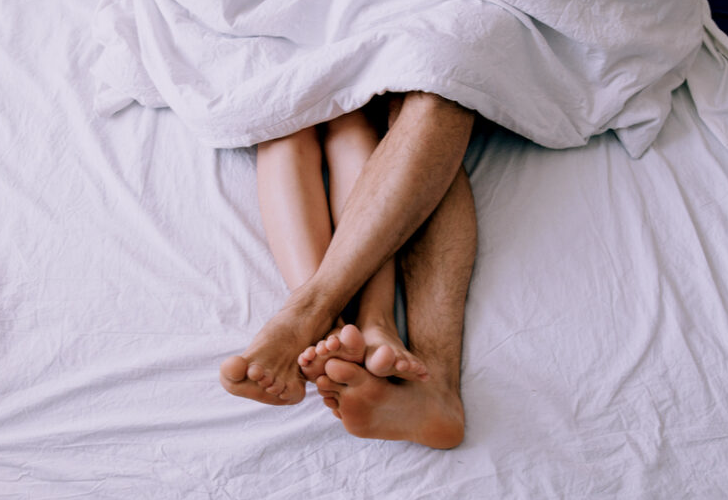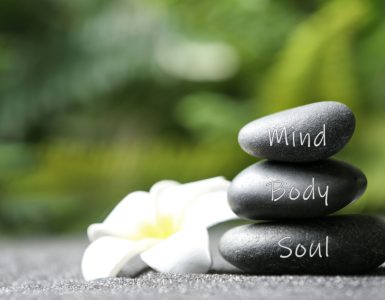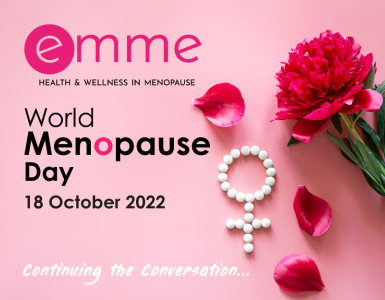The drop in oestrogen levels that is responsible for the menopause brings with it it’s inevitable physical symptoms such as hot flushes, night sweats and vaginal dryness. This can be tricky enough to deal with, but when these symptoms impact on our sex drive, it can affect us emotionally too.
Loss of libido is something that affects many menopausal women
Dealing with that can dent our confidence and how we feel about ourselves and our ‘sexiness’, not to mention worrying about the effect it might have on our relationships.
Often, speaking with our GP means we hit a blank too, especially if we’re made to feel like having an active, fulfilling sex life is something of a luxury.
But knowing that a loss of libido is a common symptom of the menopause, and that you’re not alone can be very comforting for many women. Losing our sex drive should by no means have a stigma attached to it (rather like the menopause in general) and we think the more it’s spoken about and the more it’s normalised, the better.
Around one in every three woman going through the menopause suffer a loss of libido, so the chances are you, or someone in your tribe of women will be experiencing it. It’s often difficult to bring it up, but once you do, you might be surprised to hear how many friends and peers are also suffering.
There are things you can do to help your sex drive if you’re menopausal (or pre- or post-menopausal). Here’s three tips that may help you:
#1 Be gentle with yourself
Putting yourself under pressure to enjoy having sex is a sure fire way of dampening any sex drive you might be feeling. Remember, it’s often a case of wanting sex, but not being able to become sufficiently aroused to have sex or reach climax, rather than not actually wanting sex.
When we were younger, we might have taken arousal for granted, it seemed to come so easy to us. But now, arousal might take a lot longer so being patient is key.
The crucial thing here is not to feel rushed, but to feel relaxed and calm. Run yourself a bath, pour a glass of wine and listen to some soothing music. Treat yourself to some underwear or pyjamas that make you feel feminine and attractive.
Setting the mood is as crucial for sex drive as the actual act itself, so take time, and don’t rush. But crucially, don’t put yourself under pressure to get intimate with your partner if you just don’t feel like it. Taking away the pressure may mean that things come more naturally anyway.
#2 Practice some self-love
Again, when you have time such as evening free to yourself, explore your own body and discover what it is that sparks arousal. Look at yourself in the mirror and learn to love any changes you see in your body. Your body is amazing and has gone through some significant changes to get you to this point and deserves to be celebrated.
An understanding partner also helps, so speak to him or her about how you’re feeling and what you’ve learned will help.
#3 Know that sex shouldn’t be painful
The drop in oestrogen during the menopause can lead to vaginal dryness, meaning that even if you’re mentally turned on, you may still find that sex is physically difficult, painful or irritating on the vagina (during or afterwards). But you shouldn’t just accept this.
Plenty of foreplay can help with lubrication leading to more intimate, fulfilling sex, as can a range of different positions that you might find more arousing or comfortable
There are many vaginal lubricants now available that range from oil based to water based (oil based lubricants can interfere with the protectiveness of condoms so if you’re using condoms then always use a water based lubricant). Experiment with the one that works best for you.
















